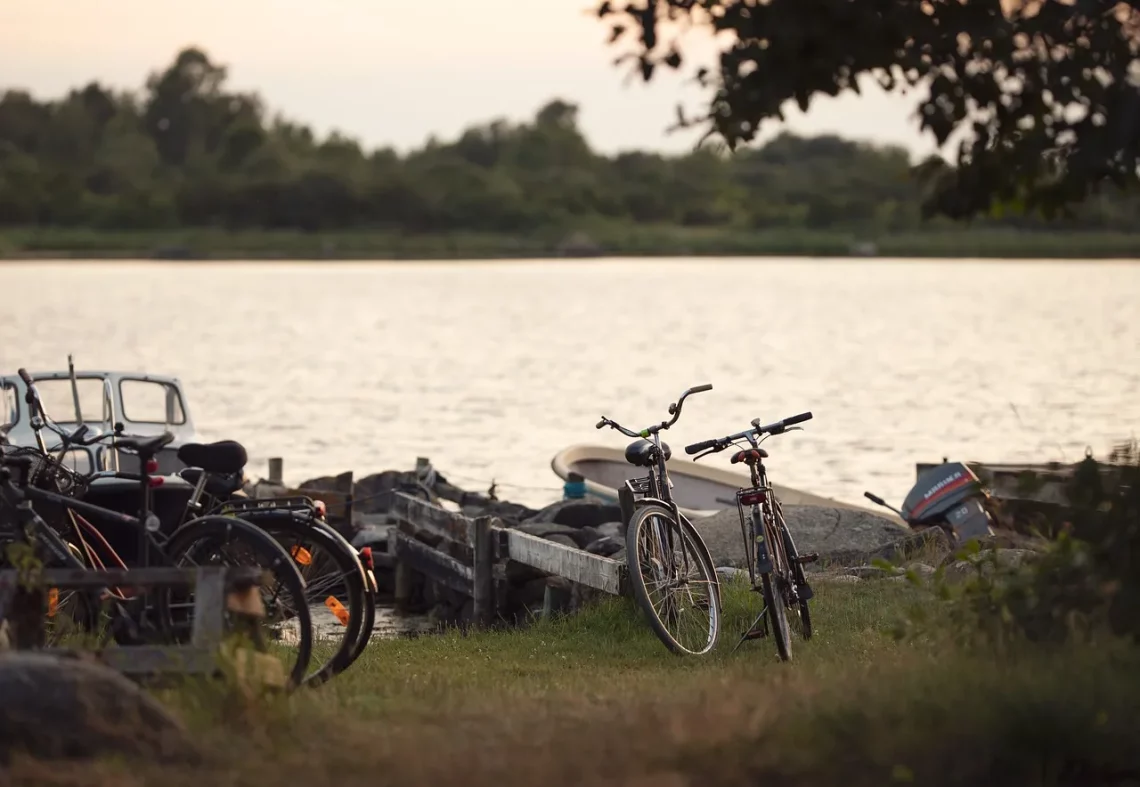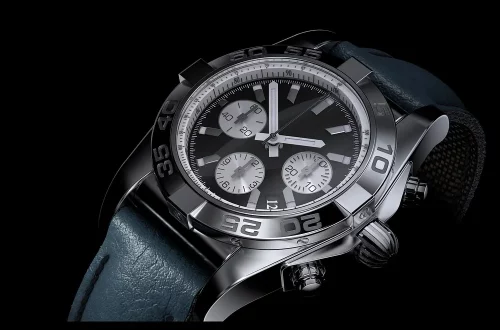
The Rise of Bicycle Messengers in Urban Delivery Services
Urban environments are continuously evolving, and so are the methods of transportation and logistics within them. One of the most noticeable transformations in recent years has been the rise of bicycle messengers. As cities grapple with increasing traffic congestion, environmental concerns, and the need for swift delivery services, cyclists have emerged as a practical solution in urban logistics. The bicycle messenger phenomenon is not merely a trend; it represents a significant shift in how goods and services are transported within city limits.
In this dynamic landscape, the appeal of bicycle messengers lies in their ability to navigate through crowded streets, reducing delivery times while minimizing their carbon footprint. The combination of speed, efficiency, and environmental consciousness has made bicycle messengers an integral part of the urban delivery ecosystem. As businesses recognize the advantages of using bicycle couriers, many are integrating them into their logistics strategies. This shift not only enhances customer satisfaction through quicker deliveries but also promotes sustainability in urban living.
Furthermore, the rise of e-commerce has exacerbated the demand for last-mile delivery solutions, with bicycle messengers offering a viable alternative to traditional delivery methods. This growing trend highlights the innovative spirit of urban dwellers and their willingness to adapt to new challenges. As we delve deeper into this topic, we will explore the various factors that have contributed to the ascent of bicycle messengers in urban delivery services.
The Benefits of Bicycle Messengers in Urban Areas
The advantages of employing bicycle messengers in urban settings extend far beyond mere speed. One of the primary benefits is their ability to maneuver through traffic with ease. In densely populated cities, where cars may face gridlock, cyclists can often find alternate routes, ensuring that deliveries reach their destinations quickly. This agility is particularly advantageous for time-sensitive packages, such as legal documents, medical supplies, or food deliveries.
Additionally, bicycle messengers contribute significantly to reducing carbon emissions. In an age where climate change is a pressing global concern, the eco-friendliness of cycling cannot be overstated. By opting for bicycles over motor vehicles, businesses are taking meaningful steps toward sustainability. This commitment not only resonates with environmentally conscious consumers but also aligns with governmental initiatives aimed at reducing urban pollution.
Cost-effectiveness is another compelling reason for businesses to adopt bicycle messengers. Operating a fleet of bicycles incurs lower expenses compared to maintaining a fleet of delivery vans or trucks. There are no fuel costs, and maintenance is generally simpler and less expensive. This financial benefit allows companies to allocate resources elsewhere, potentially leading to improved service quality or competitive pricing.
Moreover, bicycle messengers often provide a personal touch to deliveries, which can enhance customer satisfaction. Many couriers take pride in their work and are more likely to offer friendly service, creating a positive experience for recipients. This interpersonal aspect can be a differentiating factor for businesses looking to stand out in a competitive market.
The rise of technology has also facilitated the growth of bicycle messenger services. With the advent of mobile applications, companies can easily manage deliveries in real-time, allowing for efficient tracking and communication. Such technological integration not only streamlines the delivery process but also provides customers with transparency regarding their orders.
In summary, the benefits of bicycle messengers in urban areas are multifaceted. Their ability to navigate traffic, reduce environmental impact, provide cost-effective solutions, enhance customer service, and leverage technology positions them as a valuable asset in the modern urban delivery landscape.
The Role of Technology in Bicycle Delivery Services
Technology plays a pivotal role in the effectiveness and efficiency of bicycle delivery services. The integration of mobile applications has transformed how businesses manage deliveries, making it easier to coordinate, track, and optimize routes for bicycle messengers. These applications provide real-time updates, allowing both the sender and the recipient to monitor the delivery process, thereby enhancing transparency and customer trust.
Furthermore, GPS technology has revolutionized navigation for bicycle couriers. Unlike traditional maps or printed directions, GPS-enabled devices help messengers find the fastest and most efficient routes. This capability not only saves time but also reduces the likelihood of delays due to unforeseen circumstances, such as road closures or construction. The ability to reroute instantly is a game-changer in the fast-paced world of urban delivery.
Additionally, the rise of data analytics in logistics has allowed companies to better understand delivery patterns and customer preferences. By analyzing data from past deliveries, businesses can identify peak times for delivery requests, optimize their workforce accordingly, and even forecast demand. This predictive capability helps in maintaining a balance between supply and demand, ensuring that bicycle messengers are available when and where they are needed most.
Social media and digital marketing have also played a significant role in promoting bicycle messenger services. Companies can leverage these platforms to reach a broader audience, showcasing their commitment to sustainability and efficient service. Positive customer testimonials shared on social media can enhance brand reputation and attract new clients, further fueling the growth of bicycle delivery services.
Moreover, the emergence of e-commerce has created an environment ripe for innovation in delivery methods. As online shopping continues to rise, so does the need for quick, reliable delivery solutions. Bicycle messengers are well-positioned to meet this demand, offering a seamless option for last-mile delivery that aligns with the expectations of modern consumers.
In conclusion, technology is a driving force behind the success of bicycle delivery services. From real-time tracking and navigation to data analytics and digital marketing, the integration of technology enhances the operational efficiency of bicycle messengers, ultimately benefiting both businesses and consumers.
The Environmental Impact of Bicycle Deliveries
As global awareness of environmental issues grows, the importance of sustainable practices in logistics has come to the forefront. Bicycle deliveries present a compelling case for reducing the carbon footprint associated with urban transportation. Unlike motor vehicles that contribute significantly to greenhouse gas emissions, bicycles produce zero emissions during operation.
This is particularly relevant in urban areas, where air quality can suffer due to the high volume of traffic. The adoption of bicycle messengers by businesses not only helps in mitigating air pollution but also supports local initiatives aimed at creating greener cities. By opting for bicycles, companies take an active role in promoting sustainable urban living.
Moreover, bicycle deliveries can contribute to reduced noise pollution. Motor vehicles often generate significant noise, which can be disruptive to residents and contribute to a less pleasant urban atmosphere. In contrast, bicycles operate quietly, helping to maintain a more peaceful environment. This aspect may seem minor, but it plays a crucial role in enhancing the quality of life in densely populated areas.
The environmental benefits extend beyond immediate emissions reductions. The use of bicycles can encourage a broader cultural shift toward sustainable transportation. As more businesses adopt bicycle messengers, it promotes cycling as a viable mode of transport for the general public. This can lead to increased investments in cycling infrastructure, such as bike lanes and storage facilities, further supporting the growth of cycling as a preferred method of transportation for everyone.
Additionally, many consumers today are making purchasing decisions based on a company’s environmental impact. By choosing to work with bicycle messengers, businesses can enhance their brand image as environmentally responsible. This alignment with consumer values can lead to increased loyalty and a competitive edge in the market.
In summary, the environmental impact of bicycle deliveries is profound. By reducing emissions and noise pollution, promoting sustainable transportation, and aligning with consumer values, bicycle messengers are not only a practical solution for urban delivery but also a crucial component in the movement toward more sustainable cities.
The Future of Bicycle Messengers in Urban Logistics
The future of bicycle messengers in urban logistics looks promising, driven by a combination of increasing demand for sustainable delivery options and advancements in technology. As cities continue to expand and evolve, the need for efficient, eco-friendly transportation methods will only grow.
One potential development in this space is the integration of electric bicycles. While traditional bicycles offer numerous advantages, electric bikes can enhance speed and cargo capacity. This evolution could provide bicycle messengers with the ability to deliver larger packages over longer distances, further broadening their service offerings and appeal.
Moreover, the rise of remote work and e-commerce means that businesses will increasingly require flexible delivery solutions. Bicycle messengers are well-equipped to adapt to these changes, providing rapid, on-demand services that align with consumer expectations. As urban areas become more congested, the efficiency of bicycle deliveries will become even more valuable.
Additionally, the continued emphasis on reducing carbon footprints will lead to greater investment in cycling infrastructure. Cities may prioritize the development of bike lanes and storage facilities, making it safer and more convenient for bicycle messengers to operate. This infrastructure improvement will not only benefit couriers but also encourage more people to adopt cycling as a mode of transport.
Furthermore, as public awareness regarding climate change and sustainability grows, businesses may feel increased pressure to adopt environmentally friendly practices. This societal shift could lead to a more significant embrace of bicycle delivery services across various industries. Companies that prioritize sustainability will likely attract a more conscientious customer base, further driving the demand for bicycle messengers.
In conclusion, the future of bicycle messengers in urban logistics appears bright. With technological advancements, a growing emphasis on sustainability, and an evolving urban landscape, bicycle couriers are poised to play an increasingly vital role in the delivery services of tomorrow. Their ability to adapt and innovate will ensure they remain a key component of urban logistics for years to come.




